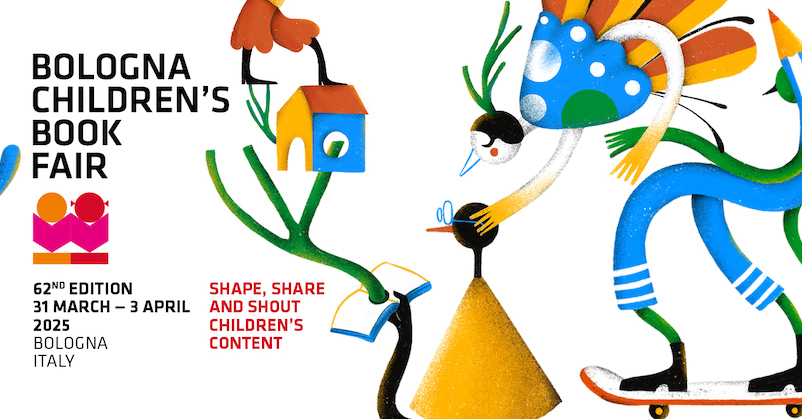Will artificial intelligence save us from our worst impulses or damn us to extinction? Building on his previous work about the importance of narrative to large-scale human co-operation, Yuval Noah Harari combines network and information theory with deep human history to consider these pressing questions. Nexus takes the reader from the invention of story through to the invention of the document and bureaucracy. And this long view allows Harari to make compelling comparisons between carbon-based information processing – meaning our bodies and the tools we have invented to augment individual and collective capacities for storing and retrieving information – and silicon-based information processing (anything with a microchip). The book explores common themes that transcend culture and place, including the human desire for an infallible source of knowledge and the institutional need for strong self-correcting mechanisms to counter human error, cognitive distortion and ideological warp.
Harari views AI as a species-level threat, given its ability to amplify misinformation, accelerate conflict and ignore human cultural constraints such as the threat of mutually assured destruction. The wider historical lens on AI and machine learning grounds his overall message of caution in a deep human context. He pushes back against what he calls a “naive view” of information – thinking that information corresponds to an objective reality, and that more information will lead to more accurate knowledge. He demonstrates how the explosive growth of silicon-based information networks has driven alternate realities and conspiratorial thinking at the cost of social cohesion and individual liberty.
Yet Harari’s view of science as something that exists beyond society is also naive. It’s true, as he says, that the cost of a pizza is the product of an intersubjective reality created by the invention of money. He contrasts this with the caloric value of a pizza, which he claims is independent of what one believes. But the calorie was invented as a tool for measurement, just as money was invented as a tool for exchange. The adoption of the calorie as a standardized measurement of the energy in food is the result of a decades-long process of negotiation involving scientists, institutions, governments and consumers. Science is a human activity, and, like all human activity, it reflects the social order. Even the concept of information that Harari uses to make his argument – “that it is disembodied, abstract, and connects disparate points in a networks” – emerged from cybernetics and computer science in the 1950s and 1960s, then migrated into more general use. This definition prioritizes the information that silicon-based information networks can process. But sensation and emotion, for example, which are processed by carbon-based information networks, are only imperfectly rendered abstract. A more expansive view of information and the relationship between knowledge and social order would have strengthened Harari’s argument about the potential losses to human culture that AI threatens, and emphasized the role of human society in developing and using tools.
The post Network theory appeared first on TLS.

 By Times Literary Supplement | Created at 2025-04-02 12:32:33 | Updated at 2025-04-04 05:13:44
1 day ago
By Times Literary Supplement | Created at 2025-04-02 12:32:33 | Updated at 2025-04-04 05:13:44
1 day ago







